Memoranda of Wishes – What are they and how do they work?
If you have a trust, or are setting up a trust, it is important to understand a little about what a Memorandum of Wishes (a MoW) is, and how to create one.
In order to explain what a MoW is, it’s helpful to start with a hypothetical situation:
Honza is the founder of a family trust which he is establishing for the benefit of his children and grandchildren. He will place his house in the trust. Among the things Honza wants the trust to do is:
- Never sell the house, and
- Pay 33% of the money to his daughter Jana, but only if she gets married and has been drug free for five years or more. If she continues to take drugs the money should go to his other children/grandchildren
Objectives like this are typical of the kind of things our clients want.

When we are faced with requirements like this, we advise clients that they have a choice. They can enshrine their requirements in the trust documents as fixed rules, or alternatively they can set them out as strong ‘guidelines’ in their MoW. In most cases, the trustees of a discretionary trust are given very wide powers to do things like invest the trust assets, distribute money, sell property and so on. We generally encourage our clients to give their trustees this higher level of flexibility for a number of reasons. Most important is that things change. Families evolve over time.
In Honza’s case, he could set out the conditions related to the house and Jana in the Trust Statute. If he does this then:
- The wishes become ‘fixed’ – meaning even Honza cannot change his mind later
- The trustees will be absolutely bound to comply with the conditions, even if doing so would be stupid. Remember that a trust can last 100 years. So an instruction never to sell a house, which might seem sensible today, but may not look so clever in 70 years. In such a situation, the trustees will either be forced to do the ‘stupid thing’ or alternatively go through a very expensive and time consuming legal process to seek approval from the courts to do something else
- Because his conditions about Jana will be in the Trust Statue, they will be potentially visible to Jana, to Honza’s other children, his grandchildren and in some cases also to the general public.
Sometimes putting things like this in the trust statute is the right thing, but in most cases, and certainly in Honza’s case, we would advise against doing this and instead recommend he give his trustees discretionary powers and a MoW.
Even if some things are fixed in the Trust Statue, clients may still wish to provide a MoW to give guidance to trustees in relation to the things that are not fixed – for example investment policies.
What is a MoW?
A MoW is a written expression of what Honza would like the trustees to do. It is not a formal legal document and can be changed by Honza at any time simply by writing a letter to his trustees. It remains in force even after Honza is dead.
What’s important to note about a MoW is that it is binding, but not totally binding, on the trustees. They are required to respect it, but in the end, and more importantly, they are absolutely bound to act consistently with the objectives of the trust, in the interests of the beneficiaries, and exercising due managerial care and responsibility.
When these things and the MoW conflict, then the trustees have to power – after carefully considering their options – and fully recording their justification – to do something other than is set out in the MoW. This does of course open up a small risk that the trustees might, after Honza is dead, do something that he would not have wanted. But remember that the trustees are bound by their duties above, and must always have a good, and justified reason for departing from the MoW. In most cases, this small loss of certainty is more than compensated for by the extra flexibility and confidentiality achieved as a result.
In Honza’s case, if he puts his wishes in a MoW;
- he can change his MoW whenever he wants – simply by writing a letter to his trustees (a legal document is not required)
- the MOW is confidential. It is not a public document and will not be visible to family members or to anyone else unless the trustees need to produce it in court to justify their actions
Creating a MoW
As we mentioned above, a MoW is not legally binding upon the trustee. The purpose is to provide guidance to the trustees to assist their decision making.
Anything that is not covered in the MoW is left to the discretion of the trustees.
There is no prescribed form to a memorandum of wishes and they can be as short or as detailed as you want. In more complex cases, we are happy to work with clients to review and prepare their MoWs; we can ensure that all important points are covered, and that the MoW is workable. At minimum, the MoW should explain who actually gets the money, when and under what conditions and also deal with issues such as what happens if one of the beneficiaries has died. We can also offer clients some ‘template’ MoWs which cover the important points and which can be used as a basis for developing their own.
Departing from a MoW
In practice, the trustees cannot depart from the MoW while Honza is alive.
If, after Honza is dead, the trustees want to do something that is not consistent with the MoW they must:
- Physically meet, in person, to discuss this decision. Departing from a MoW is one of the things that is classified as a ‘Momentous Decision’. From international experience, we know that momentous decisions can only be made in a personal meeting of trustees. To depart from the MoW, the alternative must not simply be ‘better’. Instead it is necessary for the trustees to show that following the MoW would result in a breach or their duties to the trust and to the beneficiary.
- A momentous decision, including any discussion and arguments on either side must always be fully documented, in writing and signed by all the trustees. It is important that the minutes of the meeting set out fully, and exactly, why the trustees are ignoring the MoW.
Confidentiality
A trustee is not obliged to disclose a memorandum of wishes to anyone unless by court order in certain circumstances. Disclosing the wishes of a settlor to beneficiaries could lead to friction amongst the beneficiaries so trustees tend to keep this information confidential.
Regular Review
A memorandum of wishes should be reviewed on a regular basis and updated where necessary if it is to provide guidance to the trustees and fulfil the wishes of the settlor.
Storage
The trustees will usually store the settlor’s written wishes with other trust documents for future reference. Having a hard copy on file makes the document easily accessible for future consideration.
Conclusion
If you have a discretionary trust, or even a fixed trust with some discretionary aspects, it is important to create a MoW.
We are the Czech Republic’s leading trust administrators and we have many years of experience in dealing with issues such as this. If you would like help establishing a discretionary trust or with your MoW, please contact us on 212 245 872 or at info@trusty.cz
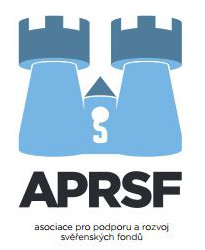

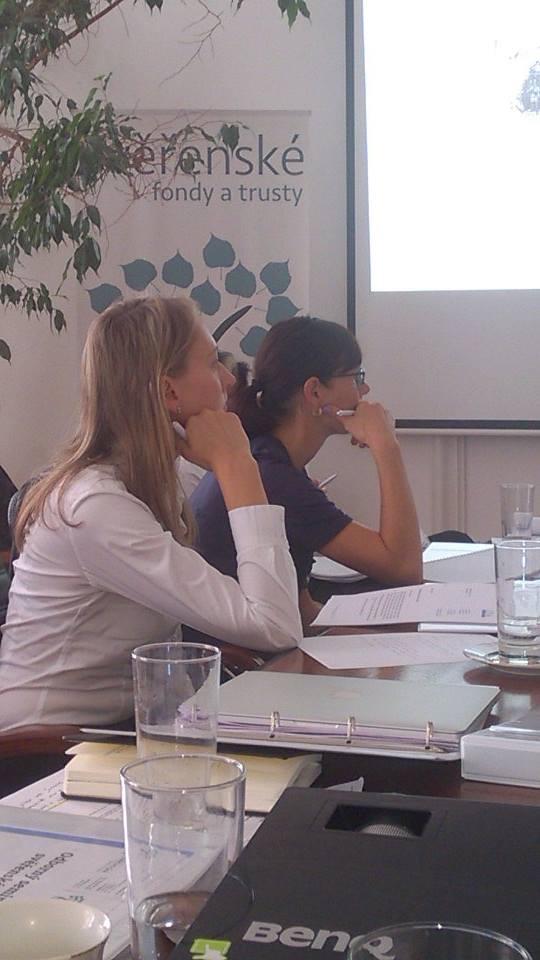

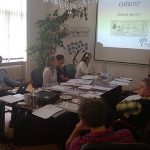














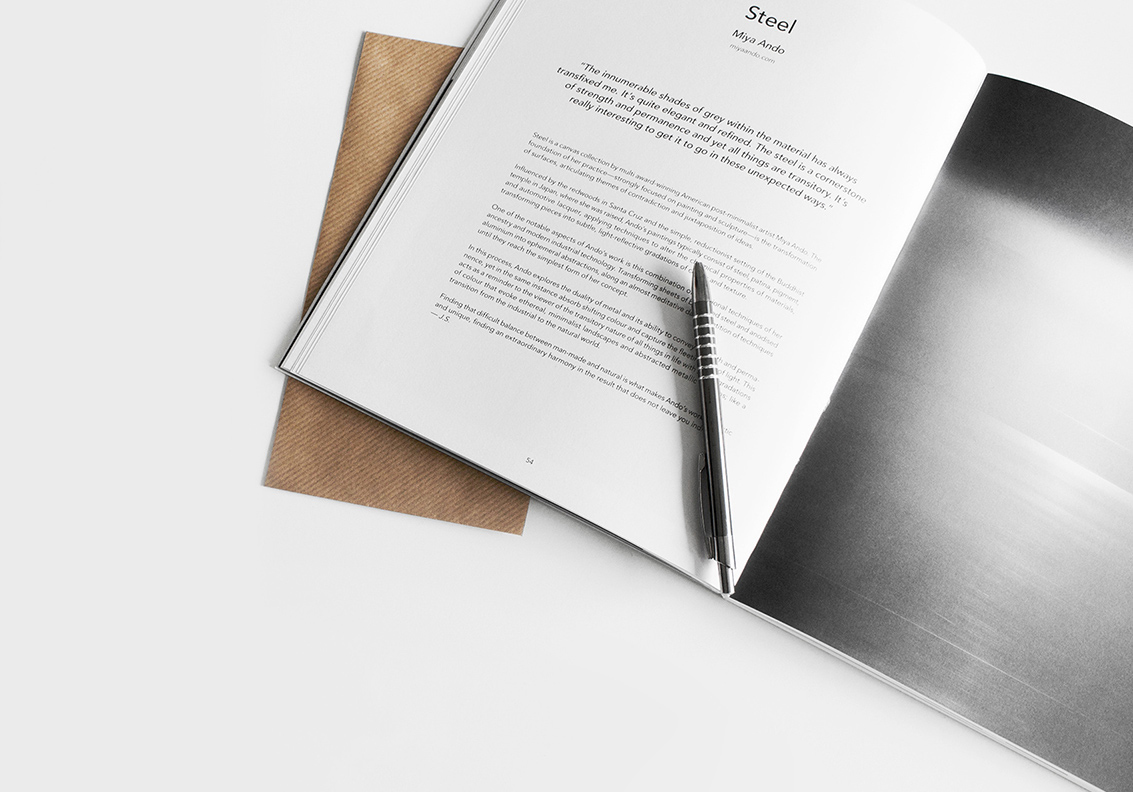
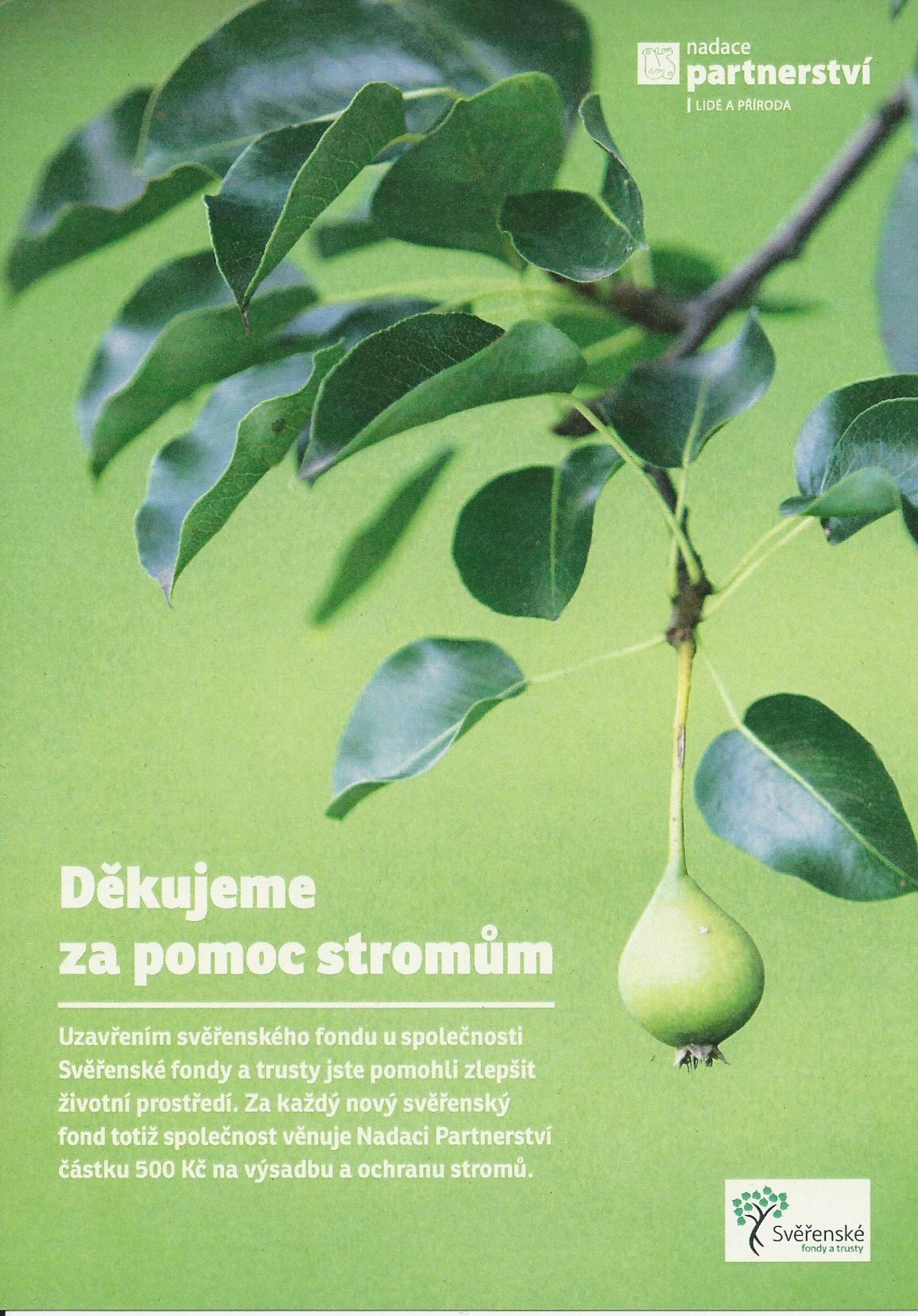



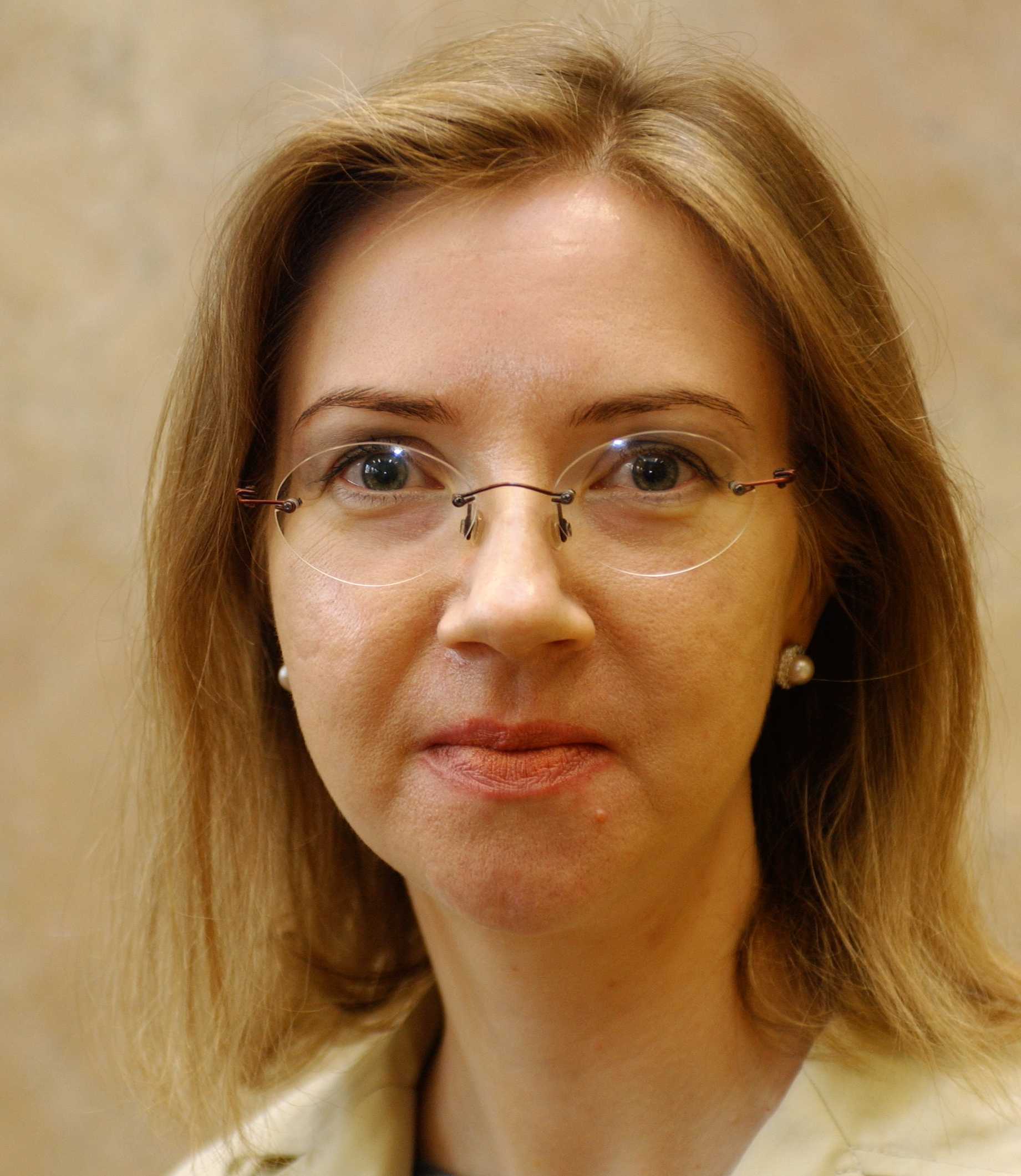




 This is a very important issue for Trustees because the courts in other trust countries take a very strict approach to the extent that in some countries decisions involving a conflict of interest are absolutely prohibited. We don’t expect the Czech courts will take such a strict approach, but it is still best to ensure that you deal with these issues very carefully.
This is a very important issue for Trustees because the courts in other trust countries take a very strict approach to the extent that in some countries decisions involving a conflict of interest are absolutely prohibited. We don’t expect the Czech courts will take such a strict approach, but it is still best to ensure that you deal with these issues very carefully.
 Without going into the detail of the case, the key issue was the validity of a decision made by the trustees that was later contested by beneficiaries of the Trust.
Without going into the detail of the case, the key issue was the validity of a decision made by the trustees that was later contested by beneficiaries of the Trust.

